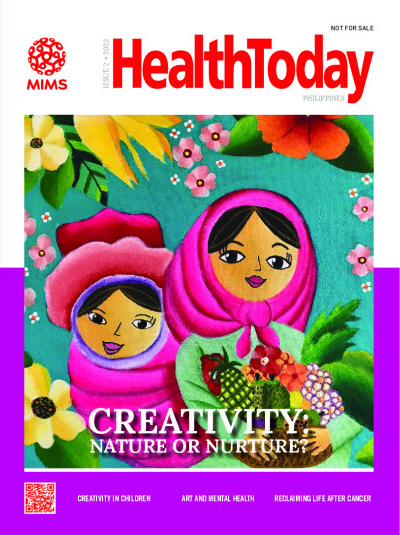
Most of us are familiar with vitamin supplements and their wide range of supposed benefits, which are touted by all sorts of advertising. In recent years, these products – more formally known as dietary supplements – have also been featured on social media platforms like YouTube and TikTok.
It has been increasingly common for social media influencers – both healthcare professionals and non-experts alike – canto be seen promoting vitamins or other dietary supplements. With the slew of advertisements promoting the supposed benefits of these products, it is important to distinguish fact from fiction to make sure we make the best possible decisions for our health.
Dietary supplements are man-made products designed to support our diets, usually by providing micronutrients such as vitamins and minerals. Some supplements claim to support general health, while others have more specific claims like weight loss or body building.
Supplements can be divided into a few main categories:1
- Vitamins and minerals: Like vitamin A, vitamin B, iron, or calcium
- Botanicals or herbs: Like ginger, ginseng, or gingko biloba
- Amino acids: Like tryptophan or glutamine
- Probiotics: Supplements containing living beneficial microorganisms
While it is true that some supplements can be beneficial – like calcium helping to strengthen our bones and iron helping to avoid anemia – we should also be wary of the risks they may pose.
One study tracked adverse effects linked to supplements by looking at emergency department (ED) complaints in 63 hospitals over 10 years. Some of the study’s key findings include:2
- Supplements were linked to an average of 23,000 emergency department visits per year
- Weight-loss products made up approximately 25% of all ED consults, most of which involved women
- Men were more likely seen in ED consults involving sexual enhancement and body building products
- A number of children were brought to the ED due to allergic or digestive symptoms from the accidental ingestion of supplements
This shows us that there can be risks associated with dietary supplements, which you should be aware of before you take any.
To help you wade through some of the misinformation surrounding dietary supplements, we have gone through some well-known myths about supplements.
Myth: Natural is always safer
“Natural” supplements made from plant or animal products can be marketed as an alternative to “chemicals.” But even plants contain chemicals, which can have both positive and negative effects on our health. Additionally, improper manufacturing could mean that these chemicals might still be found in some supplements.3 Be sure to do proper research on any supplement before you start taking it.
Myth: More is always better
Claims for dietary supplements may not always make it clear that there are risks to taking high doses. Antioxidants like vitamin C and E are fine in regular doses, but high doses can lead to kidney damage and other health risks.4,5
Myth: I can always take supplements with my usual medication
Substances like St. John’s wort, antioxidants, and vitamin K can interfere with certain medications and treatments.3
Always consult with your doctor as the supplements you’re taking might have some interaction with your usual medication. Both medications and supplements are there to help you but it pays to know when and how to correctly take them.
References:1. FDA 101: Dietary Supplements. U.S. Food & Drug Administration. Available at: https://www.fda.gov/consumers/consumer-updates/fda-101-dietary-supplements Accessed: 1 August 2023 2. Harmful effects of supplements can send you to the emergency department. Harvard Health Publishing. Available at: https://www.health.harvard.edu/blog/harmful-effects-of-supplements-can-send-you-to-the-emergency-department-201510158434 Accessed: 1 August 2023 3. Are Dietary Supplements Safe? American Cancer Society. Available at: https://www.cancer.org/cancer/managing-cancer/treatment-types/complementary-and-integrative-medicine/dietary-supplements/safety.html Accessed: 1 August 2023 4. Roy SC, et al. J Investig Med High Impact Case Rep. 2023 Jan-Dec;11:23247096231158954. 5. Selin JZ, et al. Am J Epidemiol. 2013;177(6):548-55.




